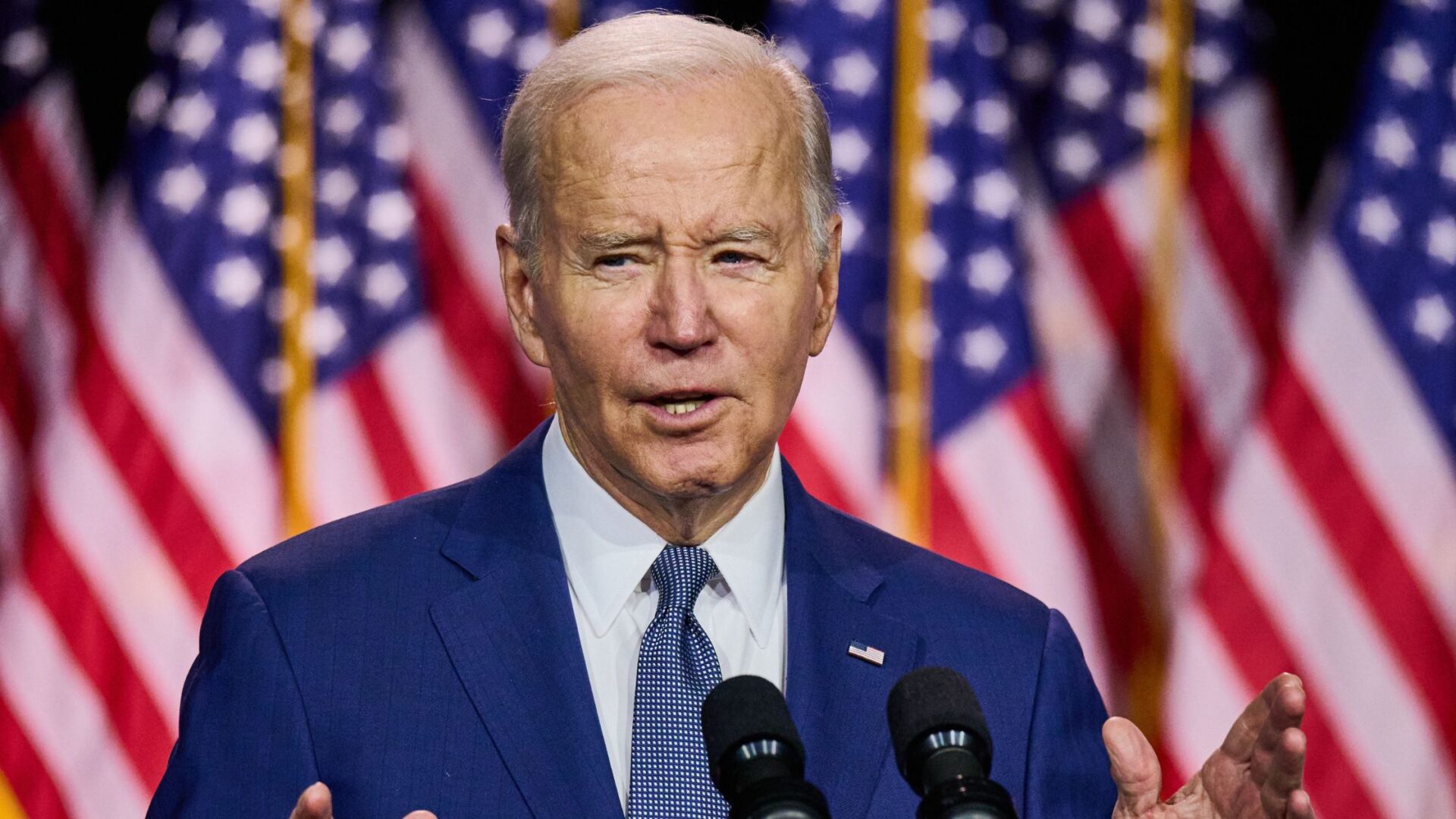Key Takeaways:
– The Biden administration proposes a rule for Medicare and Medicaid to cover popular weight loss drugs for obese Americans.
– The proposed new rule could cost taxpayers up to $35 billion over the next decade.
– The rule would immediately provoke a showdown with Robert F. Kennedy Jr., a vocal opponent of these weight loss drugs.
– Despite the high upfront cost, a coalition of bipartisan congressional members supports the proposal.
Biden Administration Calls for Coverage Expansion
In a move that could change the landscape of obesity treatment in the United States, the Biden administration proposed a rule on Tuesday that would allow millions of obese Americans to get popular weight-loss drugs like Wegovy and Zepbound covered by Medicare or Medicaid. This proposal, made by the U.S. Department of Health and Human Services, immediately sets the stage for an imminent showdown with the influential pharmaceutical industry and Robert F. Kennedy Jr., an outspoken critic of these weight-loss drugs.
A Proposal with a Steep Price Tag
Despite the enormous potential benefits for those struggling with obesity, this sweeping proposal carries a hefty price tag. It could cost taxpayers up to $35 billion over the next decade. U.S. Health and Human Services Secretary Xavier Becerra sees this cost as an investment, pointing out that these weight-loss drugs offer a lifeline for millions of Americans who could not afford them otherwise. However, the high upfront cost could give pause to those who have pledged to cut government spending.
Access Expansion Focused on Obese Individuals
Under the proposed rule, only Americans considered obese, defined as having a body mass index of 30 or higher, would qualify for coverage of these weight-loss drugs. Some individuals may already benefit from Medicare or Medicaid coverage if they have diabetes, or if they are at risk for stroke or heart disease. Considering the prevalence of obesity in the country, this proposed change in healthcare coverage could potentially impact millions of people.
Major Shift in Perception of Obesity and its Treatment
This proposal recognizes obesity as a disease treatable with drugs, signaling a significant shift from a decades-old law that has prevented Medicare from offering these medicines. The weight-loss drugs market has witnessed massive expansion in recent years due to the emergence and FDA approval of weekly injectables like Wegovy and Zepbound. Essentially, these drugs emulate the hormones that signal fullness to the brain when we eat, regulating appetite and contributing to weight loss.
A Controversial Proposal Faces Opposition
Despite the potential benefits of these weight loss drugs, this proposal has received opposition, most notably from Robert F. Kennedy Jr., President-elect Trump’s nominee for HHS secretary. Kennedy believes that instead of funding these weight loss drugs, the US government should instead expand coverage on healthier foods and gym memberships. He asserts that for half the price of Ozempic, a diabetes drug capable of promoting weight loss, every American could have access to healthy food and a gym membership.
The Impact on Medicaid, Medicare Recipients and the Pharmaceutical Industry
If the rule is confirmed, an additional 3.5 million Medicare recipients and 4 million Medicaid recipients might be eligible for the coverage of these weight loss drugs. However, these numbers might ultimately prove conservative. The Centers for Medicare and Medicaid Services estimates that roughly 28 million Medicaid recipients alone are considered obese.
In conclusion, the Biden administration’s proposed rule could transform the landscape of obesity treatment in America. However, it also stands as a potential flashpoint, given the high upfront cost to taxpayers, the pharmaceutical industry’s interests, and opposition from key figures like Robert F. Kennedy Jr. The weeks to come will undoubtedly shed more light on the future of this forward-thinking proposal.
